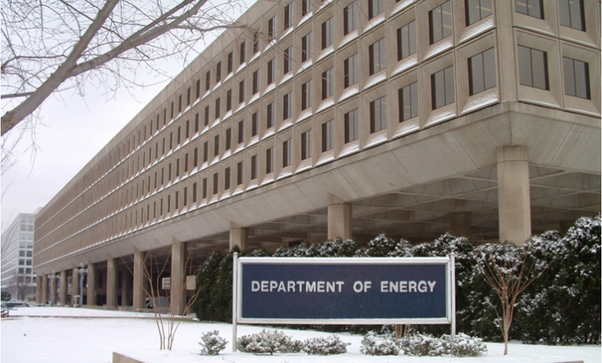
Following recent cyber attacks on the U.S. Department of Energy, cyber security analysts are worried that hacking is an increasing risk to national security.
Employees of the Department learned on Feb. 1 that hackers had infiltrated 14 computer servers and stolen their personal information. The Department said the attack “resulted in the unauthorized disclosure of employee and contractor Personally Identifiable Information (PII).” A person’s PII can include sensitive information including social security numbers, IP addresses and credit card numbers.
William Gibbons, an Energy Department spokesman, did not say whether the agency had determined who was behind the attack. Yet the Washington Free Beacon, a conservative-leaning website, has speculated that the sophistication of the attack is indicative of nation-state involvement.
Evidence suggests that there were also attempts to steal highly classified information from the Department of Energy. Cyber attacks of this nature could involve the National Nuclear Security Administration, as the Department of Energy also serves as a Department of Nuclear Security.
Other hackers have attacked non-governmental targets as well. In January, the Wall Street Journal, the Washington Post and Twitter each announced hacks by Chinese hackers.
Several major banks and U.S.-affiliated oil companies suffered distributed denial-of-service (DDoS) attacks last year at the hands of al-Qassam Cyber Fighters, who are believed to be affiliated with the Iranian government. The attacks caused temporary shutdowns of websites representing banks like Wells Fargo and Bank of America.
According to US officials, the attacks make clear the need for a stronger cyber defense system. “It’s a continuing story of negligence,” said Ed McCallum, a former Energy Department security official, to the Free Beacon. “Unless security is improved, this is going to happen again.”

